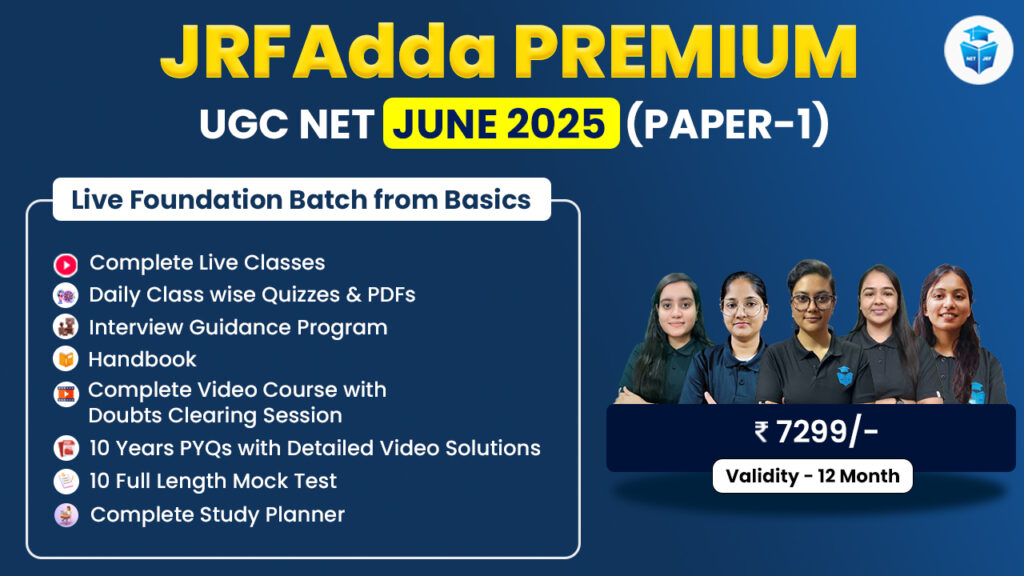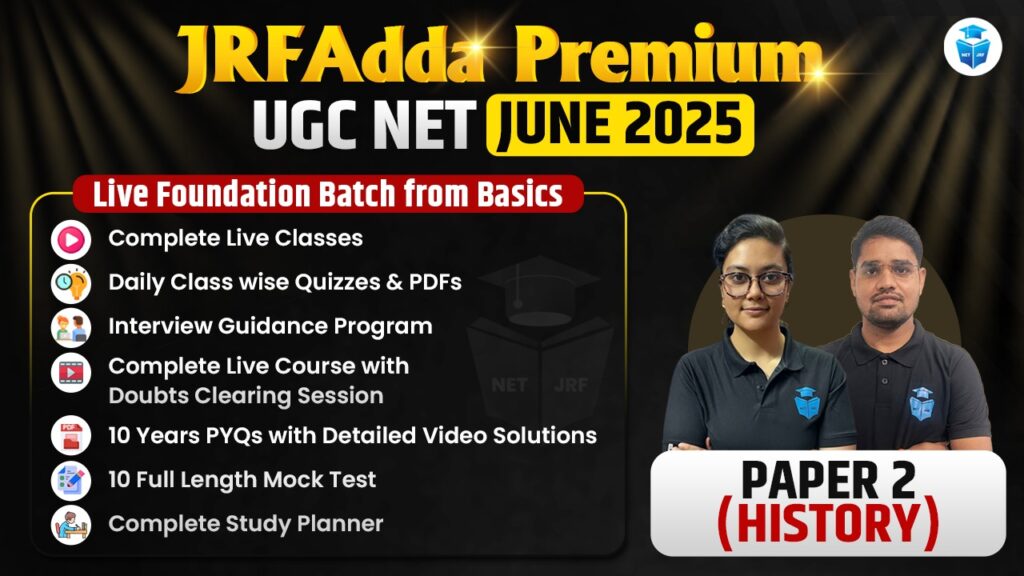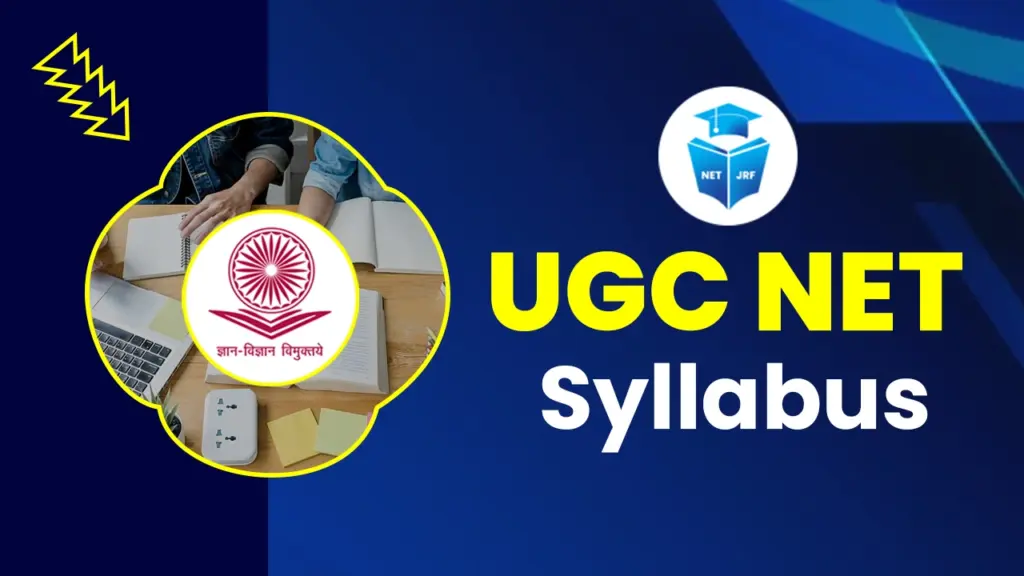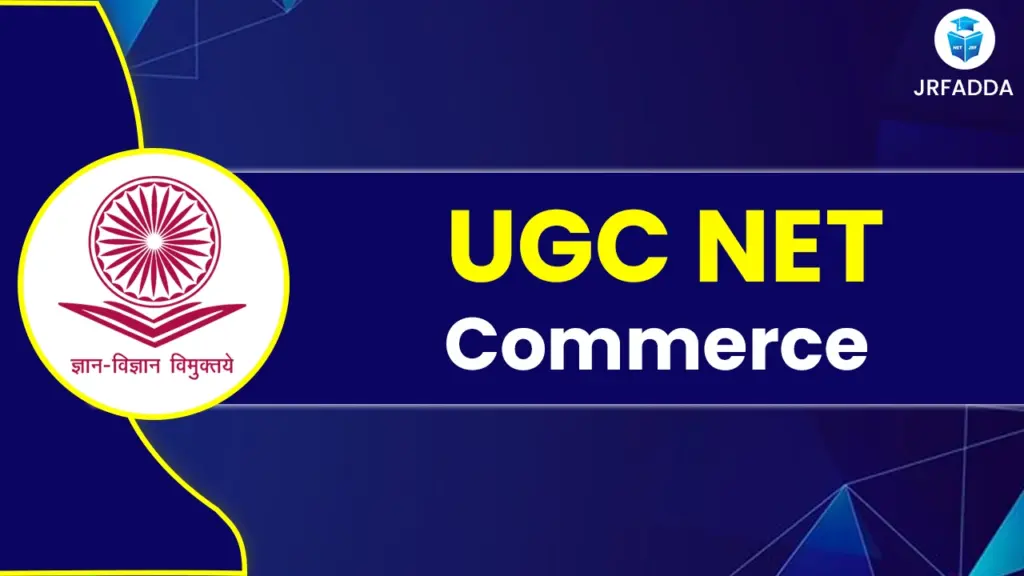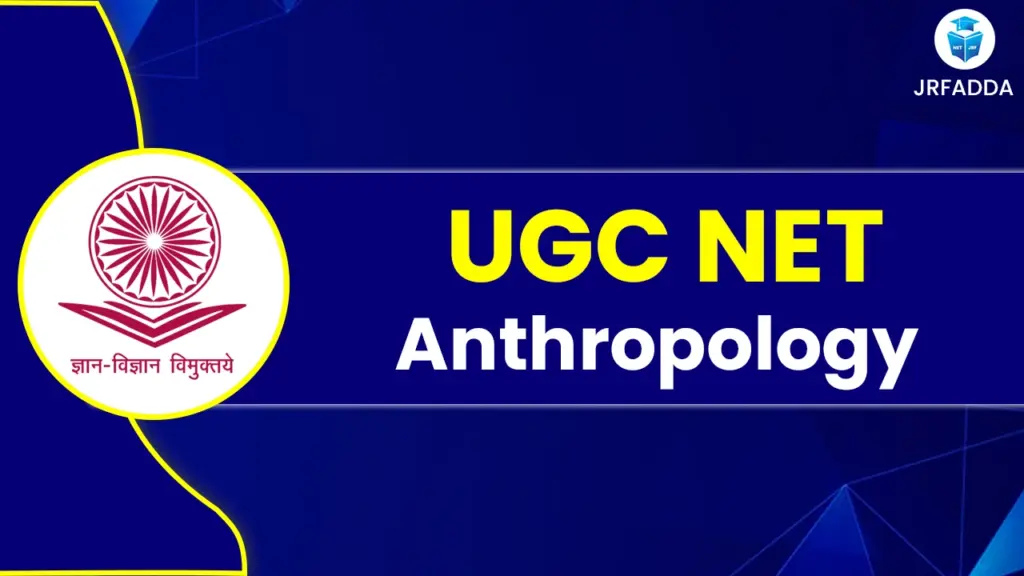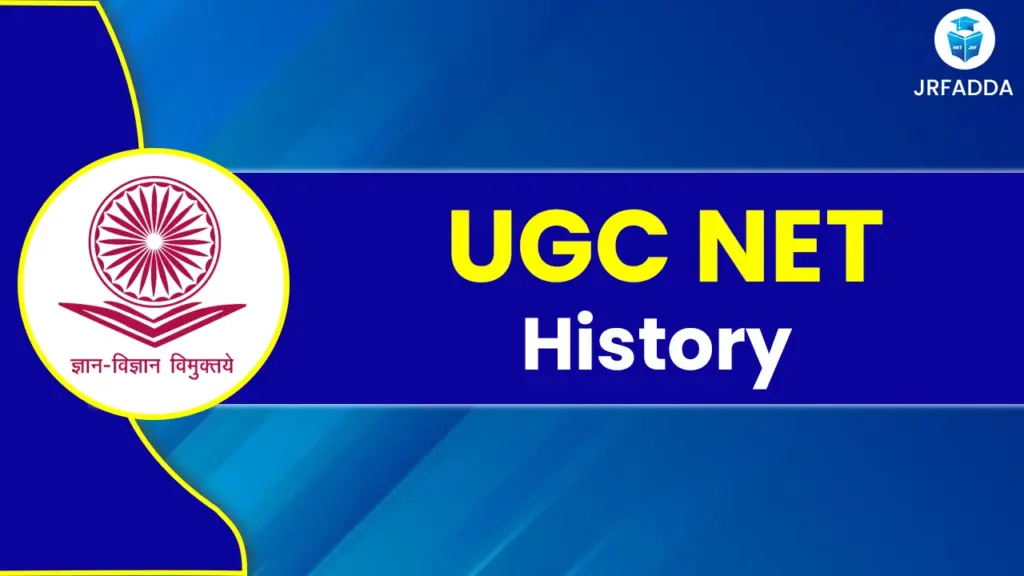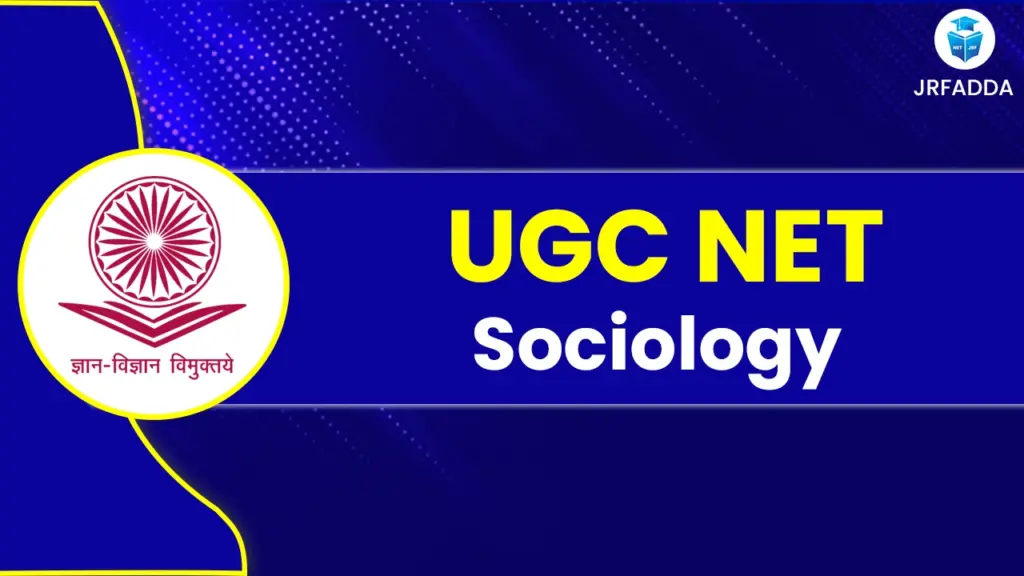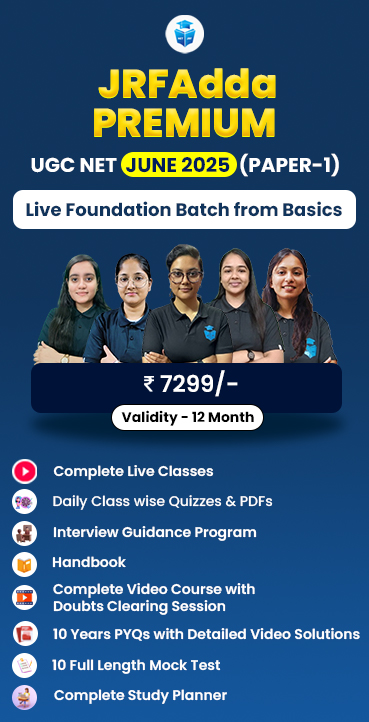Job opportunities after qualifying UGC NET in teaching jobs and getting rich research fellowships from reputed organizations. The Assistant Professorship along with a bright and prospective career in Public and private sectors, the qualified members also get ample scope as researchers and consultancy professionals, thereby making them shine very brightly in the academic line of excellence with their clearing NET exam.
What is UGC NET?
UGC NET or University Grants Commission National Eligibility Test is an entrance examination at the national level that checks for eligibility criteria for the position of Assistant Professor, Junior Research Fellowship and the post of Assistant Professor and JRF in all universities and colleges across India. It is conducted by the National Testing Agency, which performs the responsibility of UGC.
Career Scope and Job Opportunities After Qualifying UGC NET
It allows wide ranges of opportunities within the career, mainly across academia, research and both public and private sectors for the aspirants who intend to take up a NET exam. Qualifying the UGC NET Exam offers avenues toward more rewarding stable careers in teaching, research and the administration domains.
Academic Roles as Assistant Professor
One of the highly-sought opportunities is to teach as an Assistant Professor in universities and colleges.
- Government Colleges and Universities: Clearing UGC NET makes candidates eligible for permanent teaching positions in elite state and central institutions with excellent job security and scales of pay.
- Private Educational Institutions: With the rise of private universities, the NET qualified educators are in a growing demand these days and offer competitive pay scales and perks.
Junior Research Fellowship (JRF)
UGC NET with JRF is an entry ticket to a career in research.
- Ph.D. Programs: The opportunity to pursue funded doctoral programmes in the subject of one’s expertise.
- Post-Doctoral Research: Advanced level of research with funding support and grants.
- Stipend: JRF beneficiaries receive a stipend amount up to ₹35,000 per month, thereby allowing the candidate to support the research.
Career in Public Sector
Many public sector undertakings and government organizations attach importance to UGC NET qualification.
- PSUs: Recruit in HR, Public Relations and Research & Development like ONGC, NTPC, BHEL, etc.
- Administrative Roles: Several government bodies have the NET-qualified candidate working in policy-making, planning and educational programmes.
Private Sector Opportunities
Private sector organizations also provide active roles for UGC NET qualifiers.
- E-Learning Platforms: Work as educationalists, content writers or curriculum designers for e-learning platforms.
- Corporate Research and Development: Engage in research in think tanks or private research organizations with an industry focus
- Consultancy Roles: Contribute to academic or organizational problem-solving initiatives as expertise.
Academic Leadership Roles
With experience, UGC NET-qualified candidates can advance to lead in academia.
- Higher Administration Roles: Like heads of department (HODs) at principals in schools and Vice-Chancellor in universities.
- Curriculum Design: Support the development of academic programs and course structures.
Other Career Avenues
- Content Development: Develop textbooks or study guides or academic literature with publishers.
- Policy Research: Get attached with NGOs and government departments responsible for educational policy and reforms.
- Opportunities Abroad: Leverage the qualification of UGC NET for jobs in foreign universities or international organizations.
How to Prepare for Career Scope and Job Opportunities After Qualifying UGC NET?
Qualifying UGC NET not only offers the door to the opportunity of getting into an academic or research role but also towards other diversified career opportunities, both in the public as well as in the private sectors. For availing of these opportunities, a well-framed strategy and preparation plan according to your career aspirations will be required. Here is how you can prepare well:
Understand the career options
- Research Opportunities: Discuss roles such as Assistant Professor, Junior Research Fellow (JRF) and public or private sector jobs.
- Sector-Specific Objectives: Determine whether you wish to go into academia, research, public service or private sector jobs.
Develop Expertise in Your Field
- Specialized Knowledge: Acquire more in-depth knowledge of your subject to teach or do research.
- Keep Current: Maintain current knowledge by keeping abreast of the latest developments in your field.
Improve Teaching Skills
- Experience: Participate in guest lectures, internship, or assistantship activities to gain teaching experience
- Certifications: Take courses or training programs related specifically to teaching and pedagogical skills.
Improved Research Skills
- Research Work: Collaborate with Academic Mentors or Institutions regarding research work
- Publication of Articles: Write and publish quality research articles in journals having a good reputation for betterment of your academic profile
- Research Fellowship: Apply for various JRF-funded projects as well as external research funds.
Develop Communication and Presentation Skills
- Public Speaking: Deliver lectures, presentations, or seminars.
- Academic Writing: Work on writing skills for publication, proposal, and application purposes.
Preparation for PSU and other Administrative Jobs
- Knowledge about Job Description: Find the PSUs and other government jobs who recruit on the basis of UGC NET qualified individuals.
- Skill Development: Additional Skills like HR, Project management, and policy making related to such jobs.
Use Online Networking and Platforms
- Professional Networking: Seek out academic and research networks: use LinkedIn or ResearchGate.
- Online Teaching Platforms: Find opportunities in e-learning content development through Unacademy, Byju’s or Physics Wallah.
Stay Updated with Job Notifications
- Regular Alerts on job portals, university and government notifications for openings
- Network with professors, peers and recruiters to get the same.
Focus on Personal Growth and Well-being
- Time Management: Spend time developing skills, networking, and job applications.
- Health and Well-being: Be healthy and stress-free for effective performance in interviews and academic engagements.
Prepare for Interviews
- Mock Interviews: Prepare with friends, mentors or online sites to build confidence.
- Tailored Answers: Customize your answers to match the job requirements, pointing out your achievement in UGC NET.
Conclusion
Qualifying UGC NET allows a large number of options in career, research and academics. It leads the candidate for assistant professors, researcher and consultant position along with it opening gates for administrative roles and educational leadership roles. Whether you aim to become a teacher, innovator or an employee in the corporate or public sectors. UGC NET qualification gives the ground for a stable and rewarding career. With proper preparation, skill enhancement and strategic planning, aspirants can unlock their full potential and achieve professional excellence.
Job Opportunities After Qualifying UGC NET FAQs
It qualifies candidates for Assistant Professor, Junior Research Fellow (JRF) and opportunities in public and private sectors.
JRF qualifiers are entitled to a stipend of up to ₹35,000 per month for research support.
Of course, there are public sector job roles, private research organisations, e-learning portals and policy-making.
Practice mock interviews, augment your subject knowledge, align your responses to the demands of the job.
Yes, through UGC NET qualification you can seek jobs in international universities or international organisations also.



